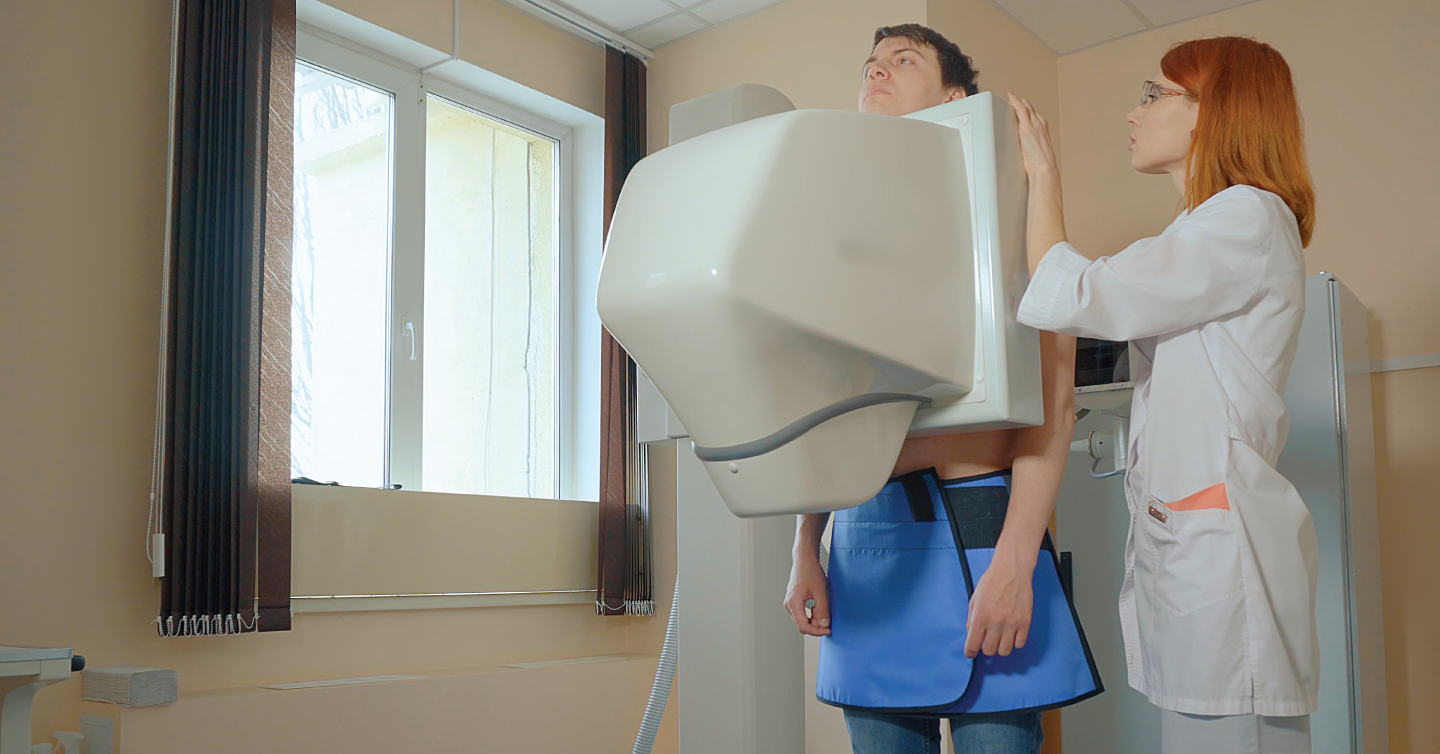Breast Cancer Prevention Begins with Screenings

When and How to Schedule a Mammogram
By Jennifer Footit-Tank, quality care coordinator at Network Health
10/11/2022
Breast cancer remains the second most common cancer among women in the United States per the Centers for Disease Control and Prevention (CDC). The good news is early detection offers the best chance for treatment.
Early detection of breast cancer is the best way to protect yourself. The earlier the detection, the more successful the treatment. Screening can be completed through a mammogram or screening MRI. Screening should begin by age 40 and continue through age 74 for average risk women. Women who are pregnant, breastfeeding, have breast implants or a physical disability are encouraged to schedule a screening mammogram.
What to Know About Mammograms
A mammogram is an x-ray of your breast taken while standing or sitting with the assistance of a technologist. There will be some momentary slight pressure from the plates which are used to hold your breast in place. Once completed, a medical doctor will review the x-rays and the breast center will contact you with the results.
How Should You Prepare for Your Mammogram?
If this is your first time getting a mammogram, or if it’s simply been a while since your last one, there are a few things to keep in mind as you prepare. These tips will help ensure that your mammogram is completed easily and accurately.
- Schedule your test when your breasts will be least likely to be tender.
- If this is your first time, bring prior mammogram images to the breast imaging center so the radiologist can compare the new images to previous ones.
- Do not use deodorant, powder, lotions or creams on your breasts or under your arms prior to the mammogram as the metallic particles in these products may interfere with the images.
- Wear a top that is easy to change as you will have to undress from the waist up. You will be provided with a hospital gown or robe by the technologist.
Mammogram Misconceptions
Sometimes people are hesitant to have a mammogram. For a number of reasons, it is not always a comfortable experience for everyone. That said, there are plenty of myths out there regarding mammograms that we don’t want to deter you from getting one. These include the following.
Myth – Mammograms cause cancer from radiation exposure.
Truth – The dose of radiation you are exposed to is very small, similar to a regular x-ray.
Myth – Mammograms do not always detect cancer.
Truth – Mammogram sensitivity is about 87% per the Susan G. Komen foundation. This means that 87% of women who have breast cancer are correctly identified.
Myth – My mammogram was normal last year. I don’t need another one.
Truth – Having one normal mammogram does not guarantee all future mammograms will be normal. Remember, early detection while the cancer is small provides for more successful treatment.
Myth – My family does not have a history of breast cancer.
Truth – Even without a family history of breast cancer, screenings are important. Consider this – 85% of women with breast cancer have no family history of the disease.
Myth – I am too young to get breast cancer. I can start screening when I’m older.
Truth – The CDC reports 9% of women in the United States will be newly diagnosed with breast cancer under the age of 45.
If it’s time for you to schedule your screening mammogram, reach out to your provider to make those arrangements. Take the time to improve your health through this easy preventive measure. Remember, regular screenings save lives. If you have questions about mammogram coverage on your Network Health plan, give us a call.



